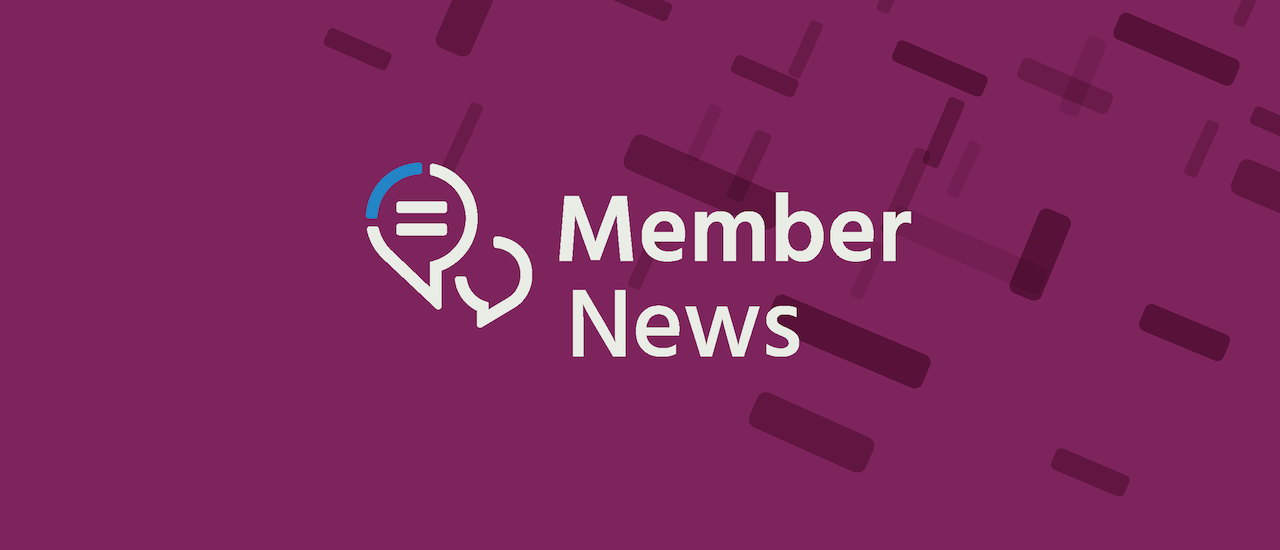Big, big data: Several chapters of the Internet Society have joined the debate over proposed government Internet regulations. The Israeli Internet Association, for example, has raised concerns about a Ministry of Communications proposal to require all communications companies in Israel, including cellular, Internet, and television providers, to regularly give the ministry detailed information on the communication consumption characteristics of every customer. While some customer information is necessary to improve regulation and identify market failures, the scope and detail of the proposal “drastically exceeds” what the ministry needs, the association said.
Big metadata: Meanwhile, the Estonia chapter is pushing lawmakers to end the mass collection of communications metadata by carriers and Internet providers there. The old rules, meant to help carriers bill customers for voice communications in years past, are now only useful in surveillance, the chapter said. “It is high time to abandon the indiscriminate collection of communication session metadata, as it has a devastating effect on freedom of expression and thought,” the chapter wrote.
Big tracking: The Hong Kong chapter has continued to fight against a Chinese government proposal to require smartphone users to register their SIM cards using their real names. The proposal would make it difficult to encryption communications, the chapter said. While the government says the proposal will help fight crime, registration would not stop criminals from obtaining SIM cards outside of China or originating scam phone calls from outside the country, the chapter said.
Closing the divide: In other news, the Israeli chapter has published a series of posts about the importance of making digital services available to the Arab population in the country. A survey from the Israeli Internet Association found Internet access and digital skills gaps between the Arab population and the general population in Israel. Making more digital services available in Arabic will streamline government services, and it will “ensure a more equitable distribution of resources,” the association said.
Join the global movement! Become a member and become a champion for an open and trusted Internet.
